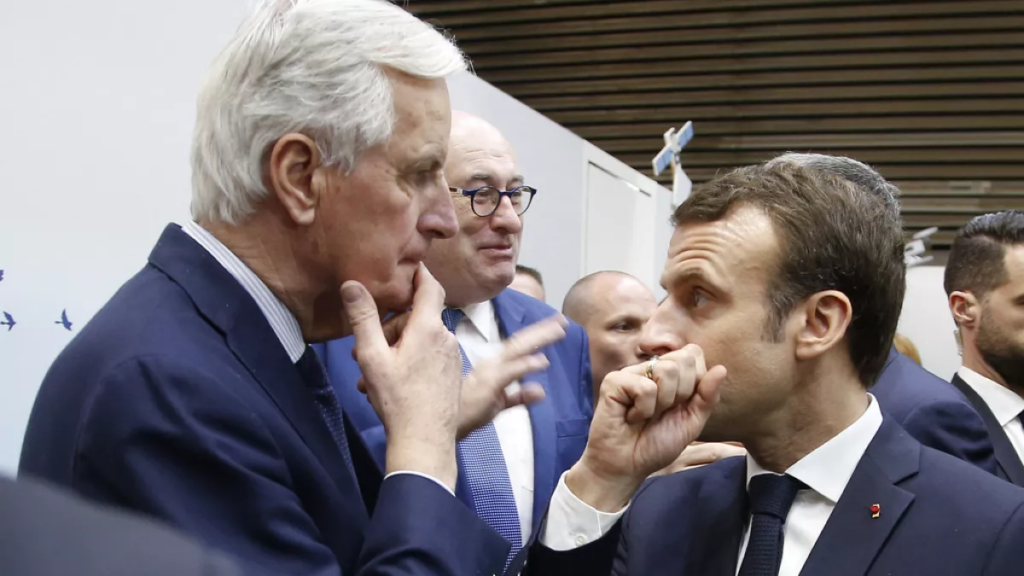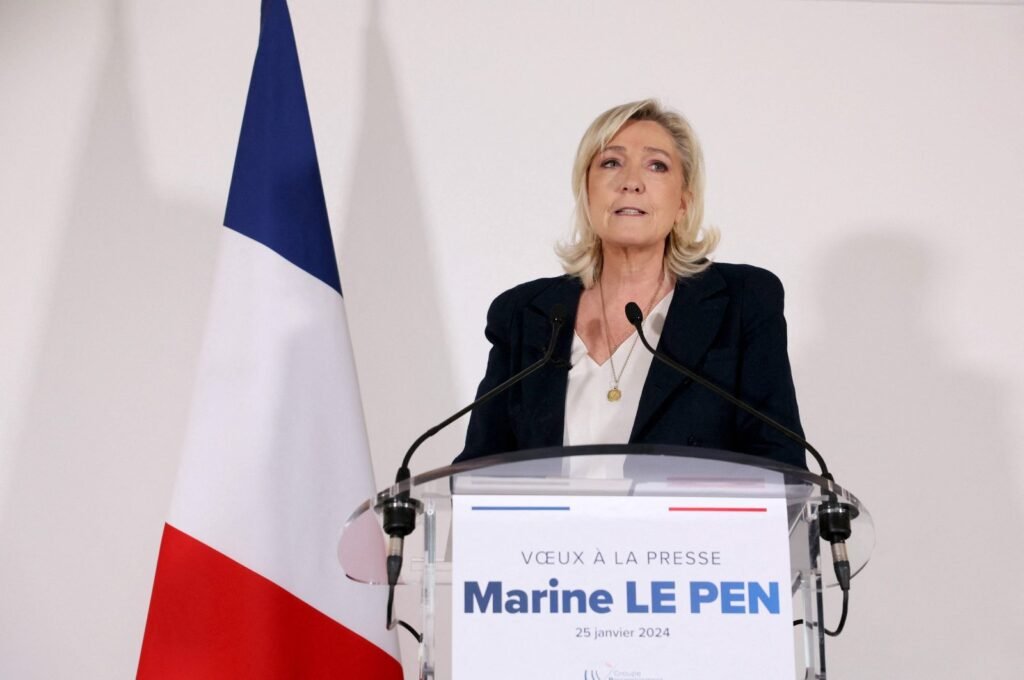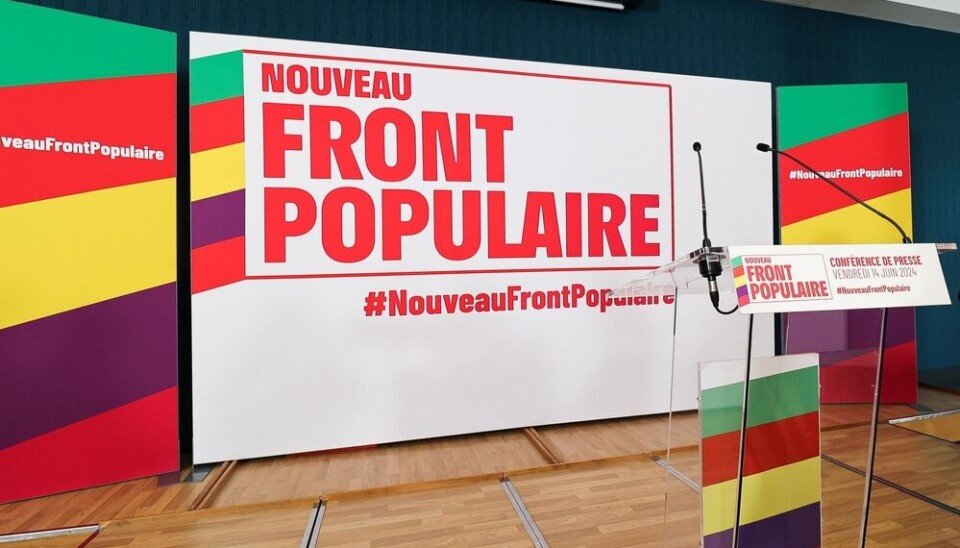The Crisis of Capitalism and Political Fragmentation: France at a Crossroads
The deepening crises within France—political, economic, and social—reflect systemic dysfunction in its capitalist structure. With the collapse of Prime Minister Michel Barnier’s government and ongoing public dissatisfaction with Emmanuel Macron, France finds itself in the grip of volatility. These events underscore the broader global challenges of capitalism, where economic stagnation and political polarization fuel instability.
Political Instability and Macron’s Waning Authority
The no-confidence vote that ousted Barnier symbolized more than the fall of a government without a parliamentary majority. It was a public indictment of Macron’s leadership. Macron’s controversial dissolution of the National Assembly earlier this year and his handpicking of Barnier to mask his administration’s weaknesses have left him politically isolated and widely unpopular.
Macron’s survival now depends on fragile alliances and concessions. The Socialist Party (PS), once a central force on the French Left, has signaled willingness to collaborate with the Macronist center, further fracturing the left-wing Nouveau Front Populaire (NFP) coalition. These overtures have drawn sharp criticism, as they risk undermining the NFP’s united front against neoliberal policies and far-right resurgence.

Economic Decline and Class Struggle
France’s capitalist decline is evident in its waning competitiveness, mounting public debt, and diminished global influence. Years of neoliberal reforms have suppressed wages and gutted labor protections, prioritizing corporate profits over productive investment. Austerity policies have further exacerbated inequality, leaving workers and youth disillusioned.
Historically, France’s working-class movements have resisted these attacks, forcing the ruling elite to tread carefully. Yet, the dismantling of labor protections under Macron represents an aggressive escalation. These policies have deepened the economic divide, intensifying political polarization and galvanizing class struggles.
Challenges to Left Unity and the Rise of the Far Right
The fragmentation of traditional political structures has paved the way for new forces like Marine Le Pen’s Rassemblement National (RN) and Jean-Luc Mélenchon’s La France Insoumise (FI). While the RN has capitalized on working-class disillusionment with traditional parties, its support remains fragile, particularly among voters opposed to its alignment with austerity policies. Meanwhile, the FI struggles to consolidate its appeal amid Mélenchon’s strategic missteps.
The PS’s recent overtures to Macron highlight internal tensions within the NFP. Despite its professed commitment to leftist unity, the PS’s willingness to engage with centrist and neoliberal forces risks alienating its coalition partners. Critics warn that such moves undermine the broader fight against austerity and far-right nationalism.

The RN, emboldened by recent political developments, has sought to position itself as a kingmaker in France’s fragmented political landscape. Le Pen’s party has flexed its parliamentary muscle, extracting concessions from the center while maintaining its far-right agenda. However, this strategy risks alienating both centrist voters and segments of its working-class base.
The Role of Revolutionary Alternatives
In this climate of discontent, revolutionary organizations like the Revolutionary Communist Party (PCR) have emphasized the need for a radical alternative to reformist compromises. Rooted in Marxist principles, the PCR advocates for a collective, class-based approach to dismantling systemic inequality and exploitation.
The PCR views the current crisis as an opportunity to mobilize workers and youth who reject traditional party politics. By addressing the systemic roots of France’s capitalist decline, the PCR aims to build a revolutionary movement capable of challenging the status quo.

France’s political future hinges on its ability to navigate these intersecting crises. Leftist unity, as envisioned by the NFP, remains the most viable path to countering austerity and far-right nationalism. However, this requires unwavering commitment to progressive policies and resistance to centrist co-optation.
As workers and youth continue to resist neoliberal policies, the potential for transformative change grows. Revolutionary organizations must seize this moment to build solidarity and advance a vision of social and economic justice. France’s struggle reflects broader global challenges, underscoring the need for collective action against capitalism’s failures.
The stakes are clear: the choices made in this moment of crisis will shape the future of French society and the broader struggle for equality and justice.

